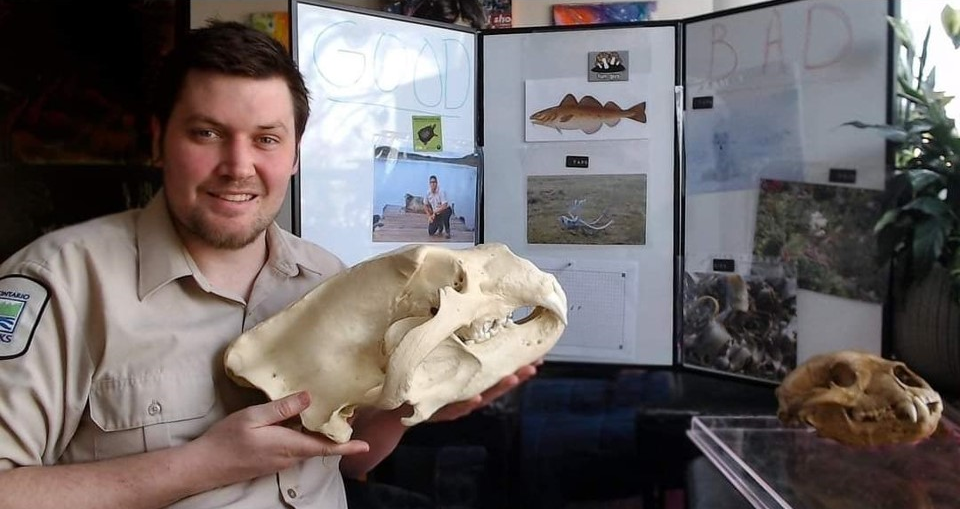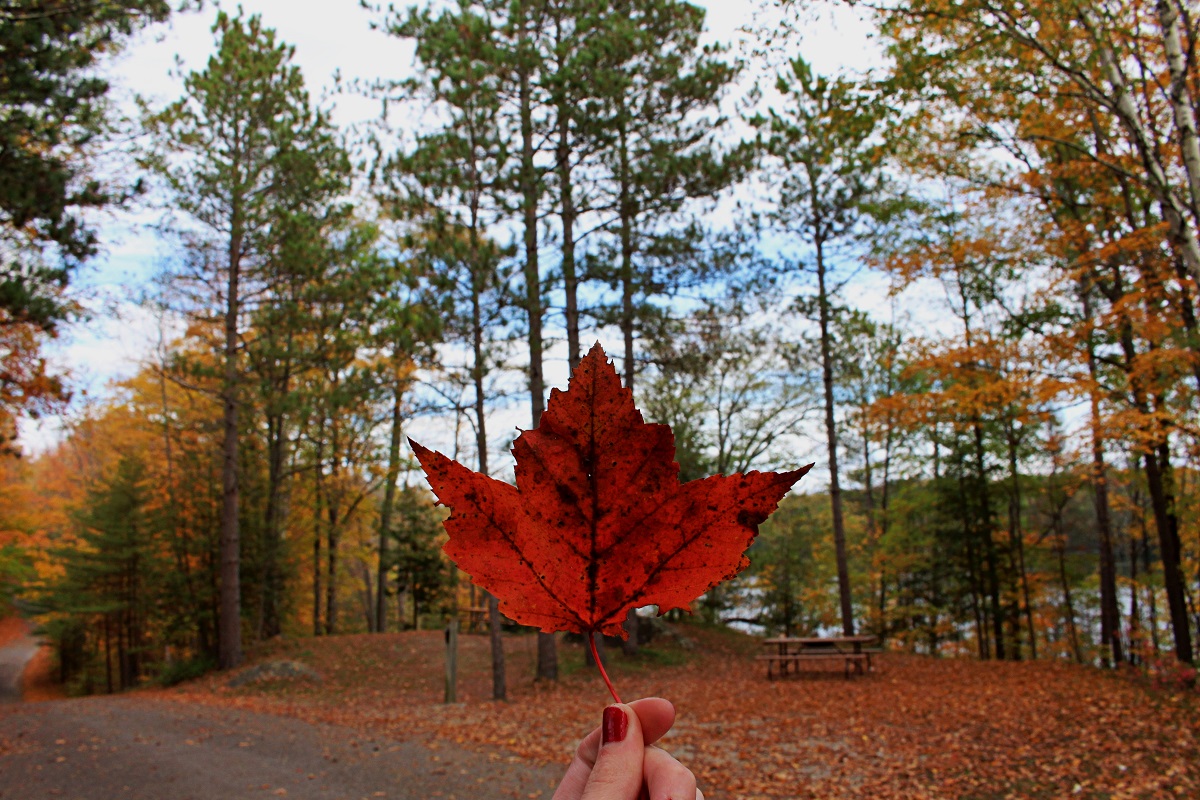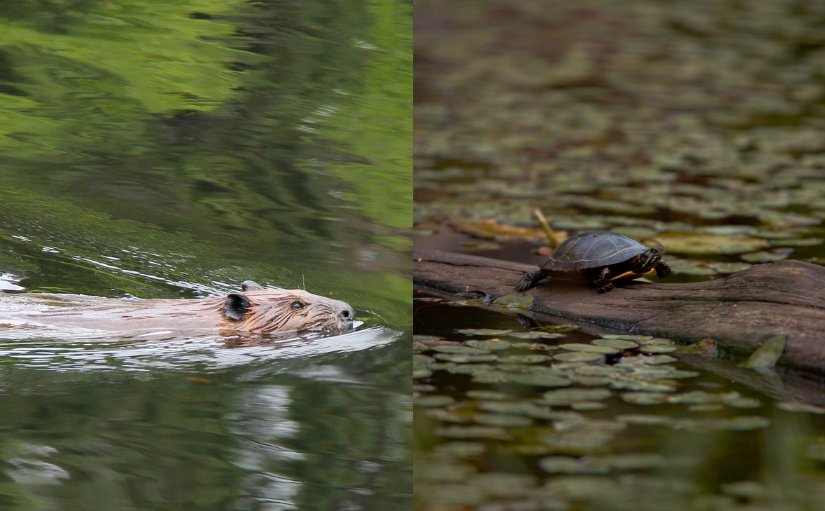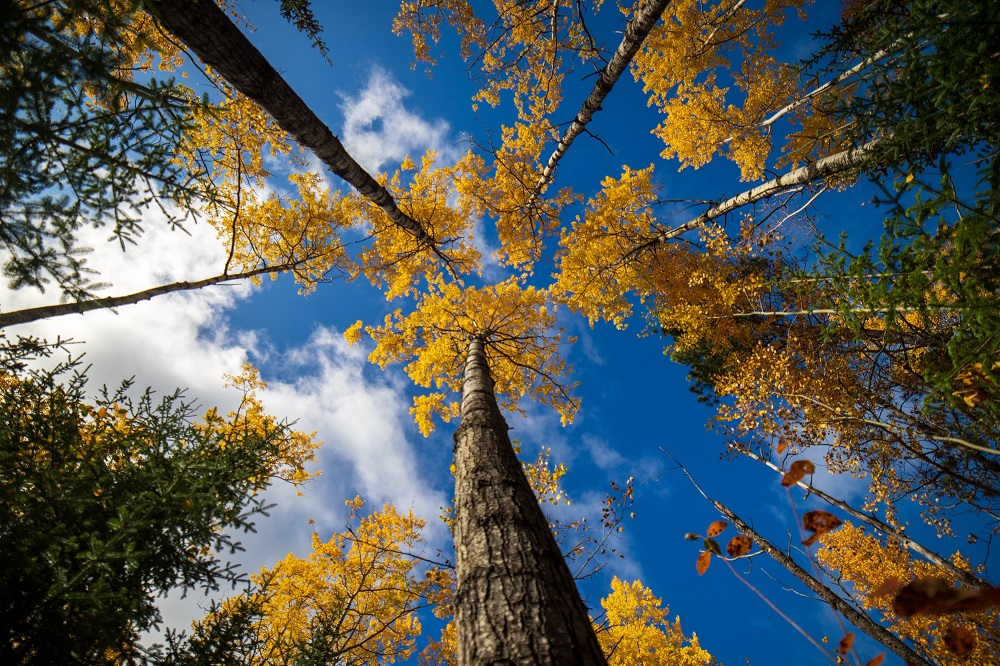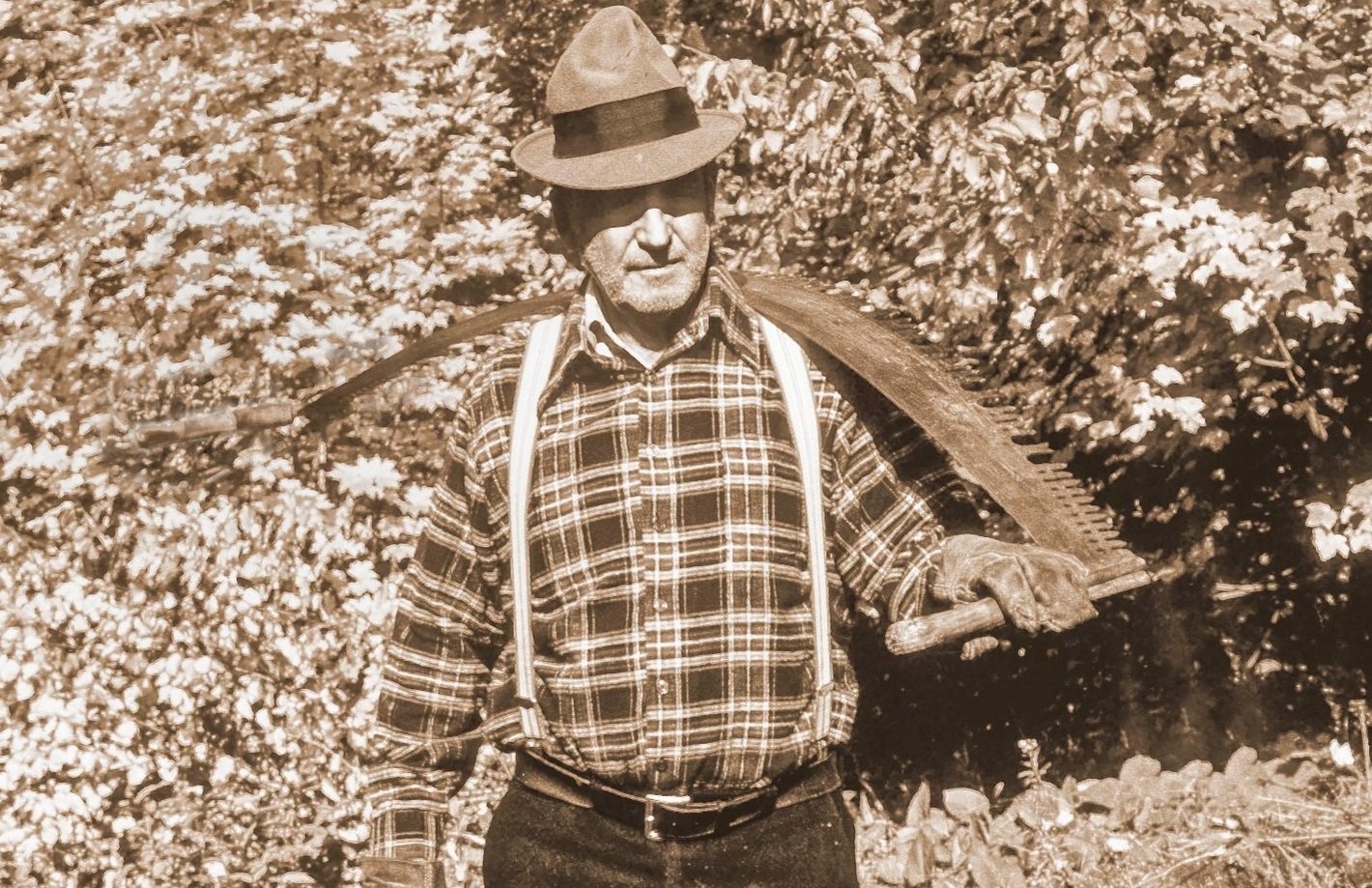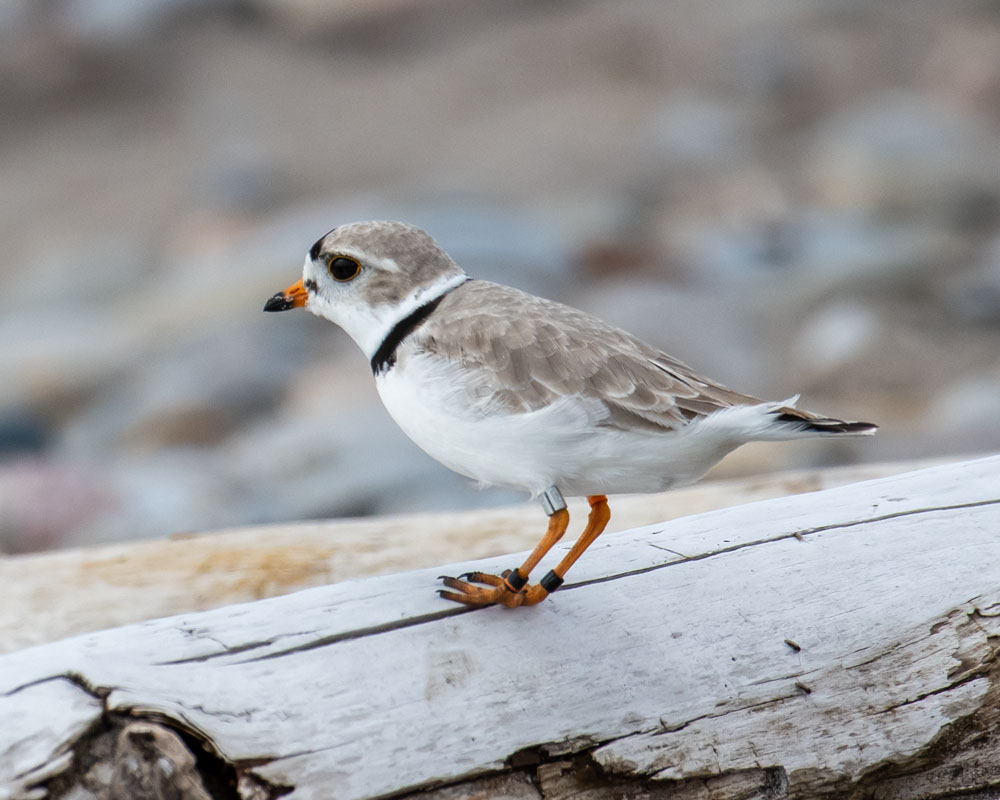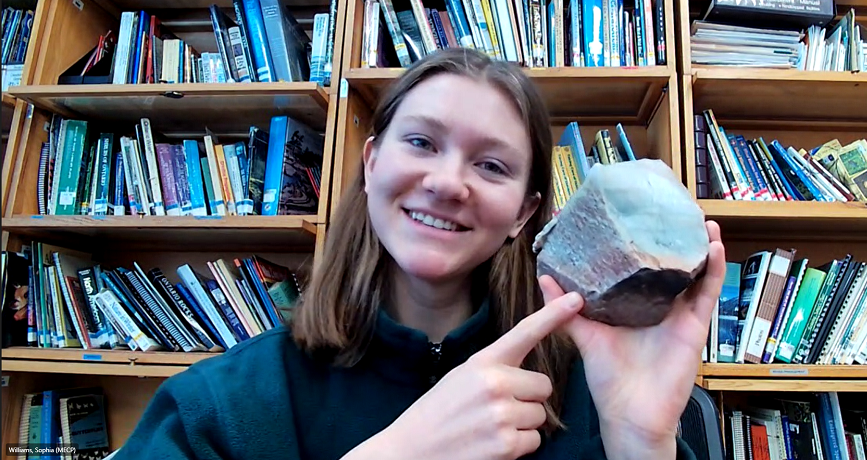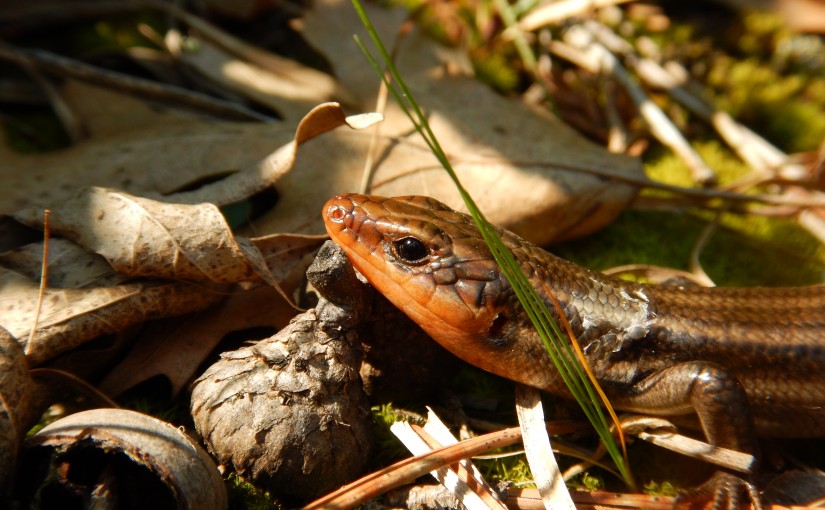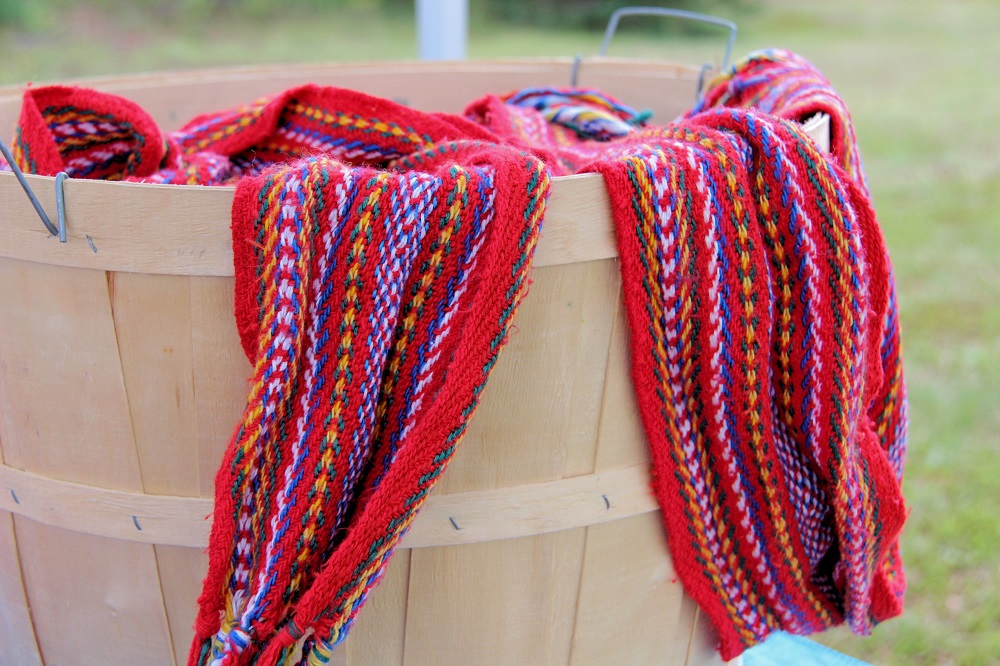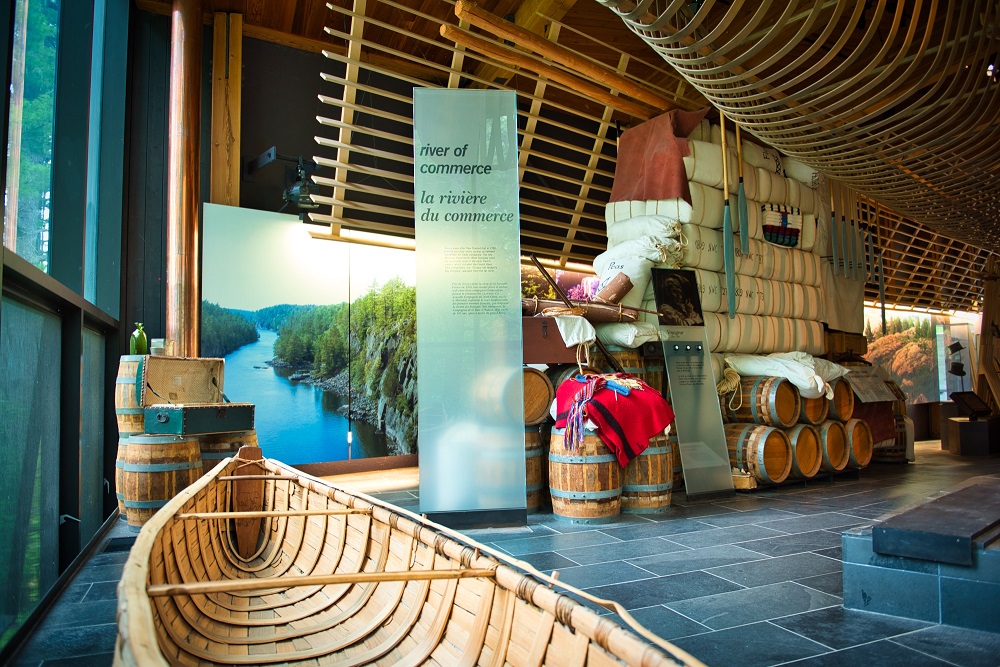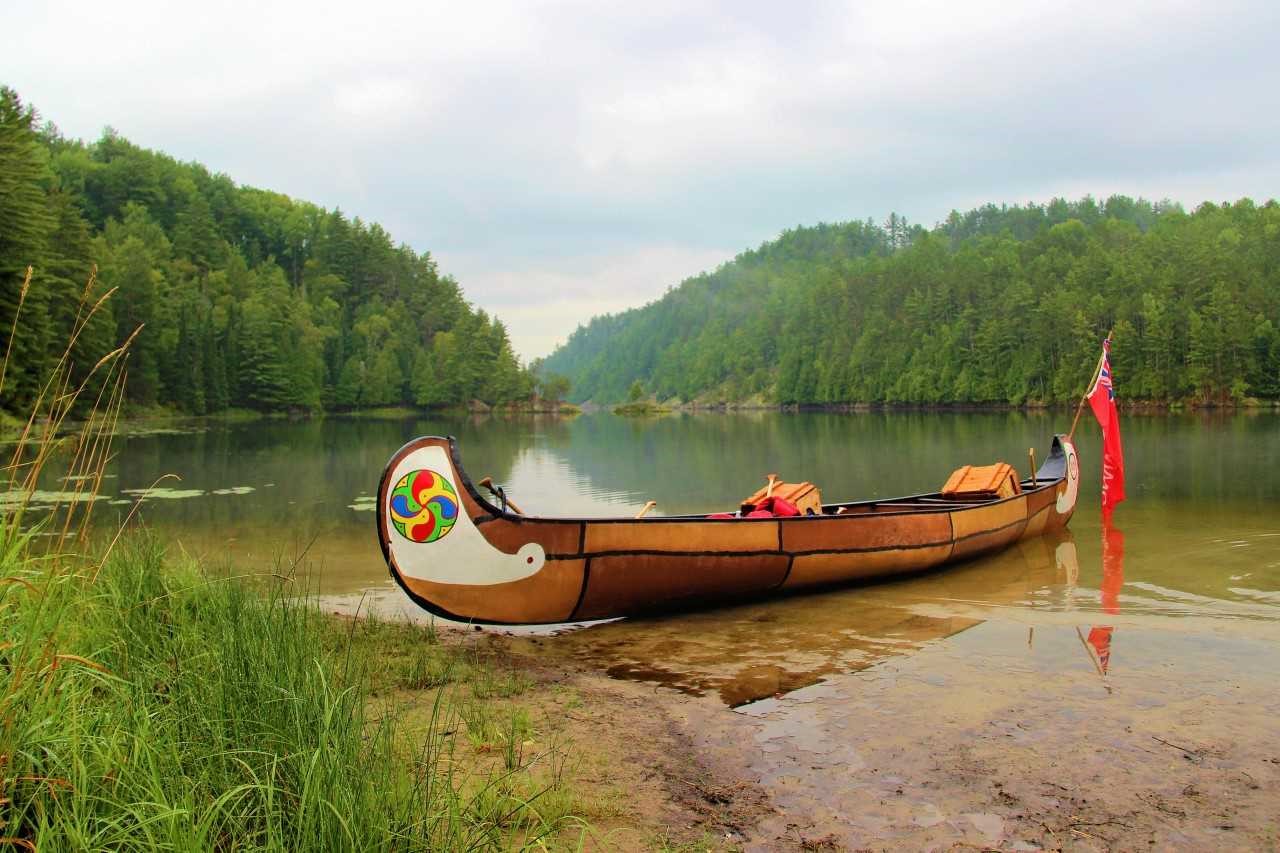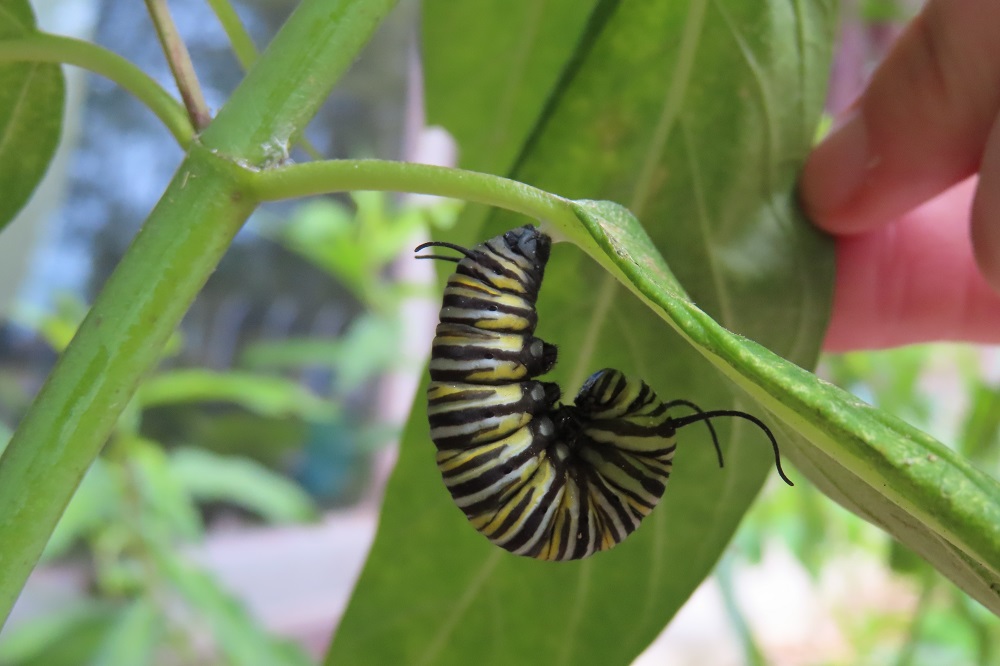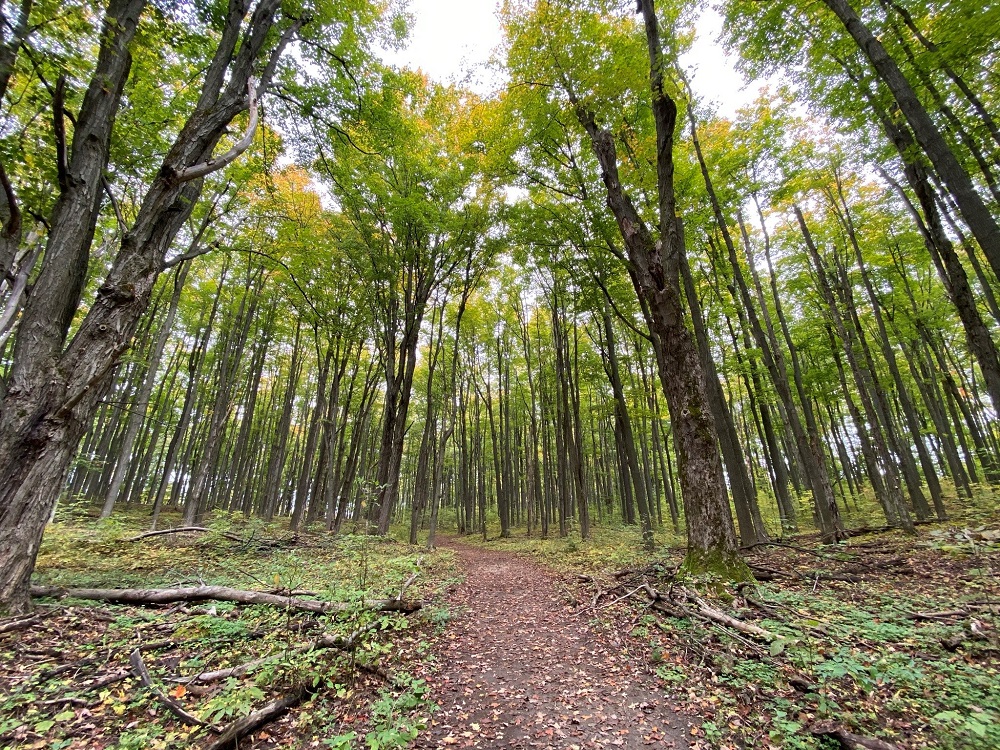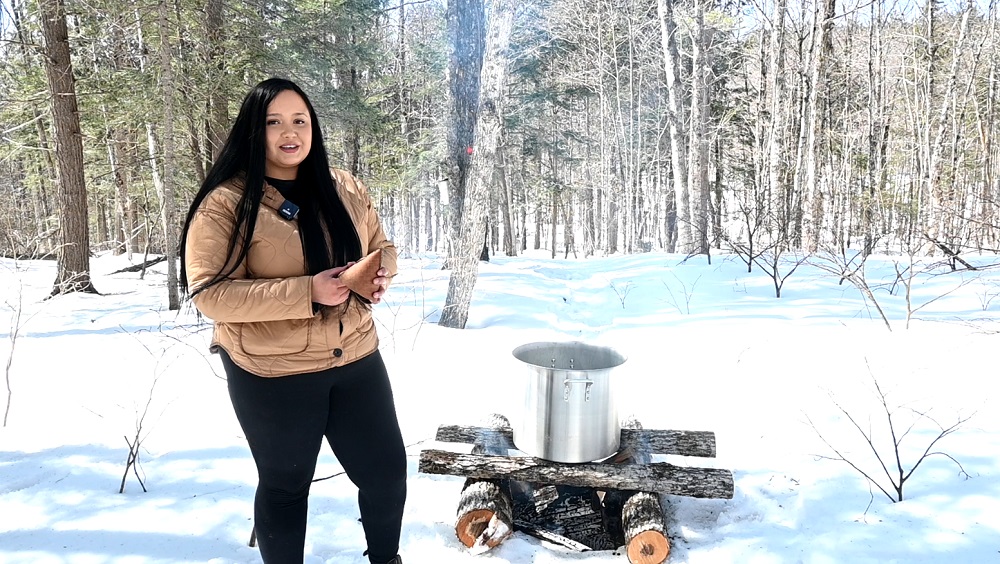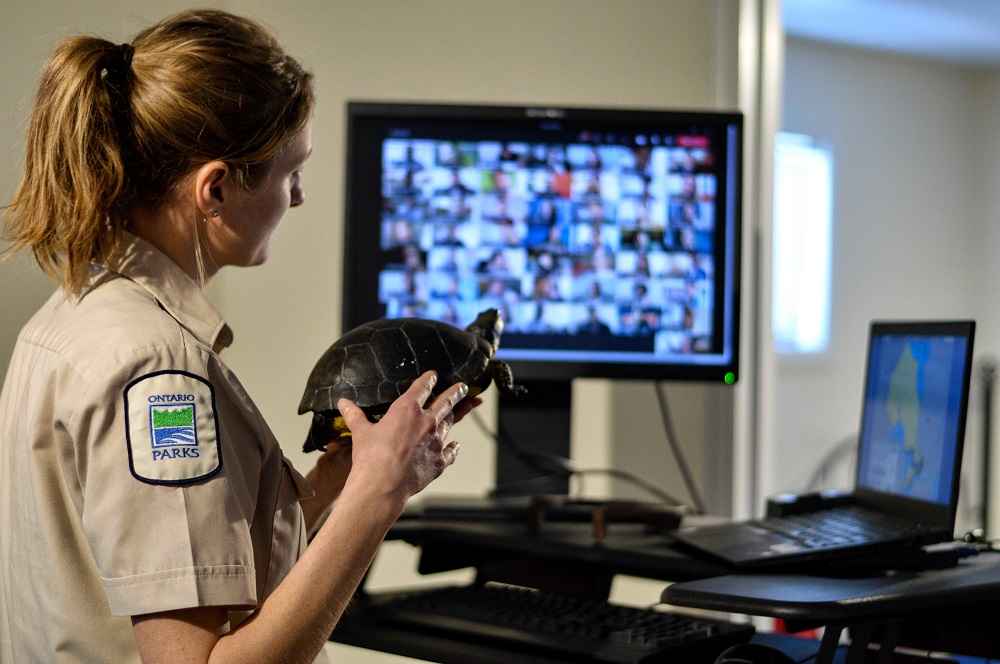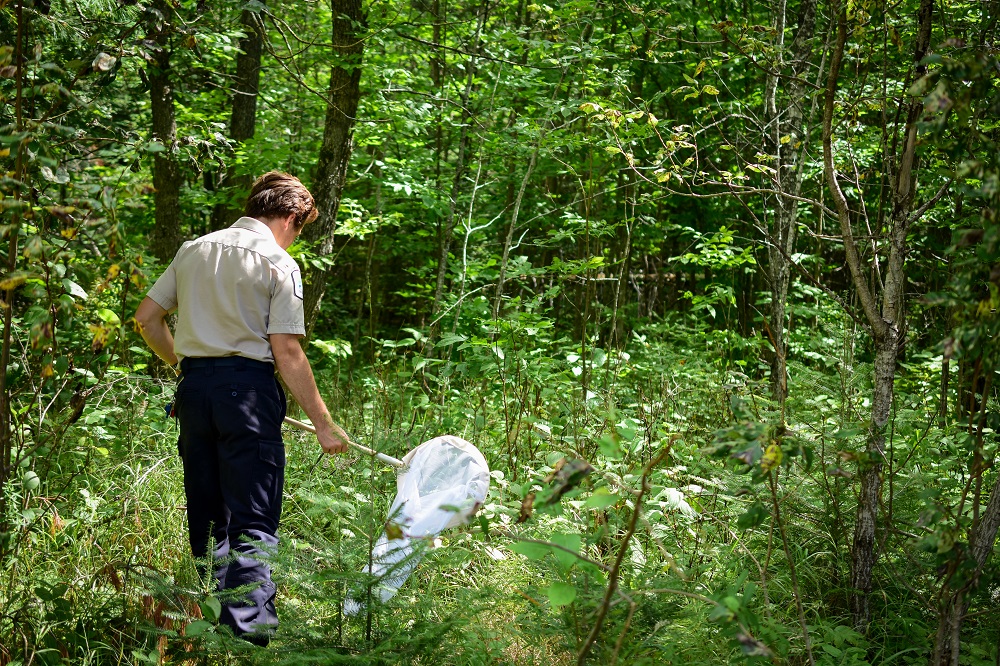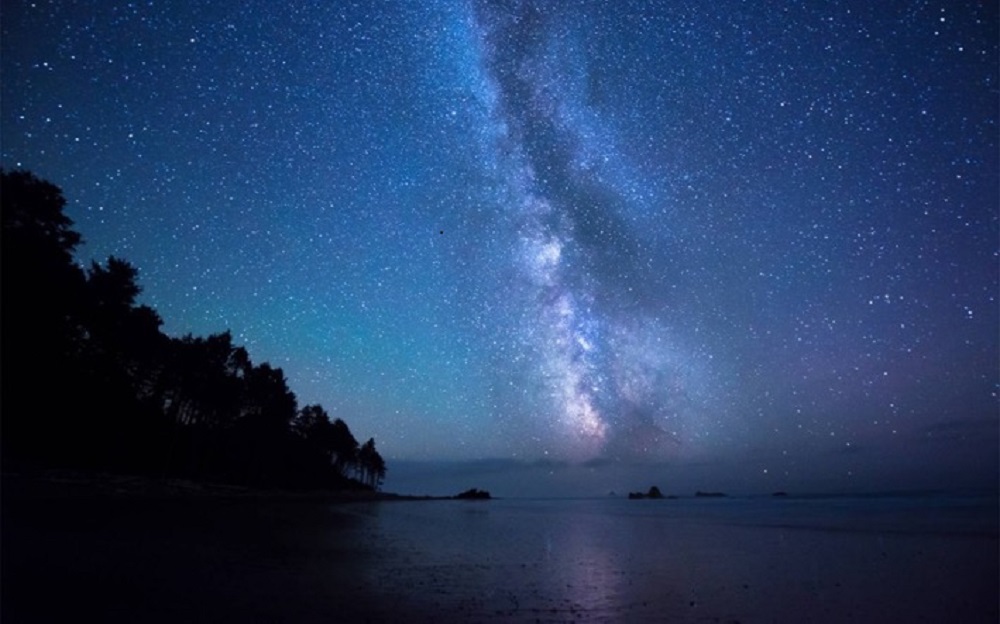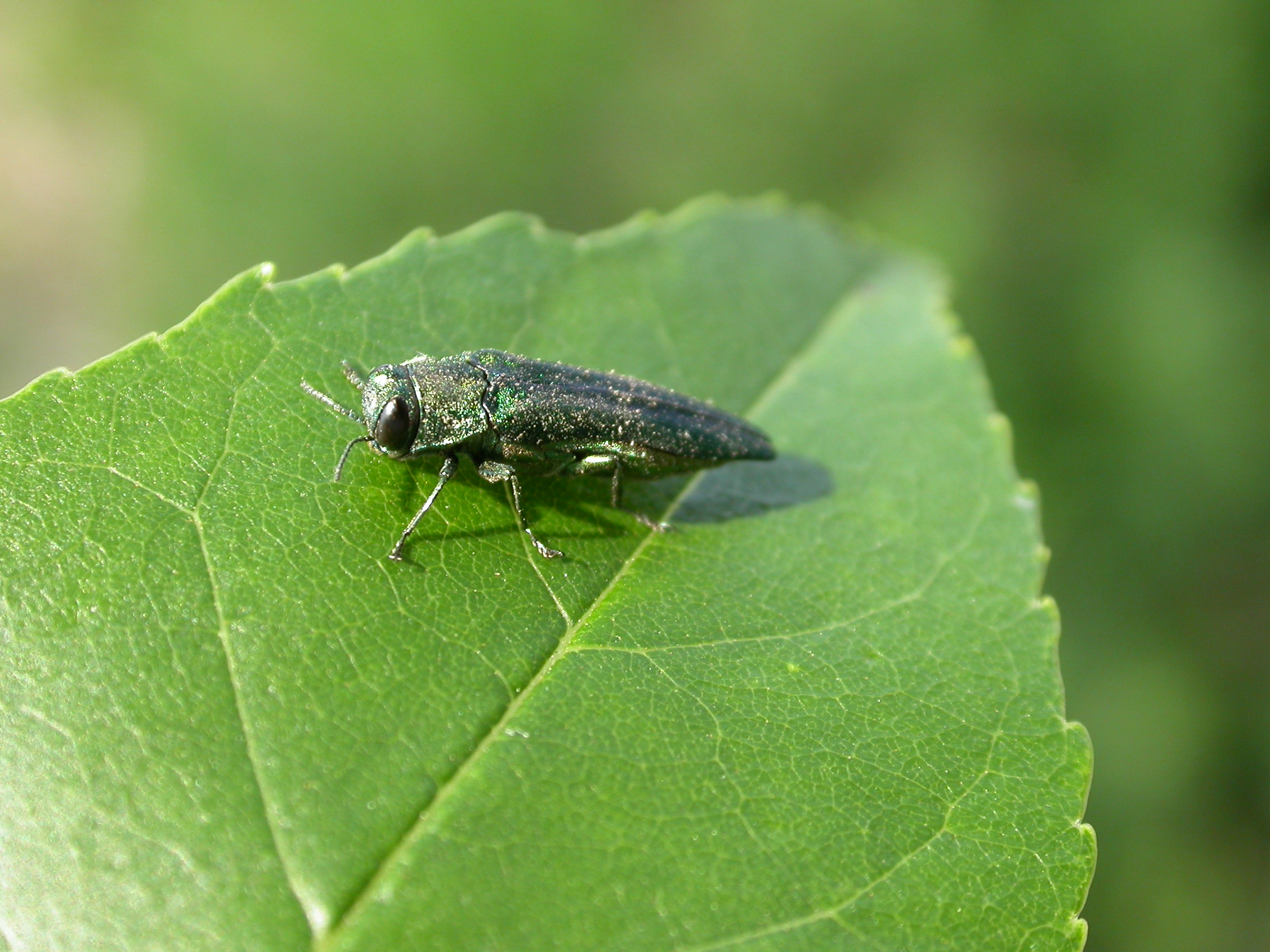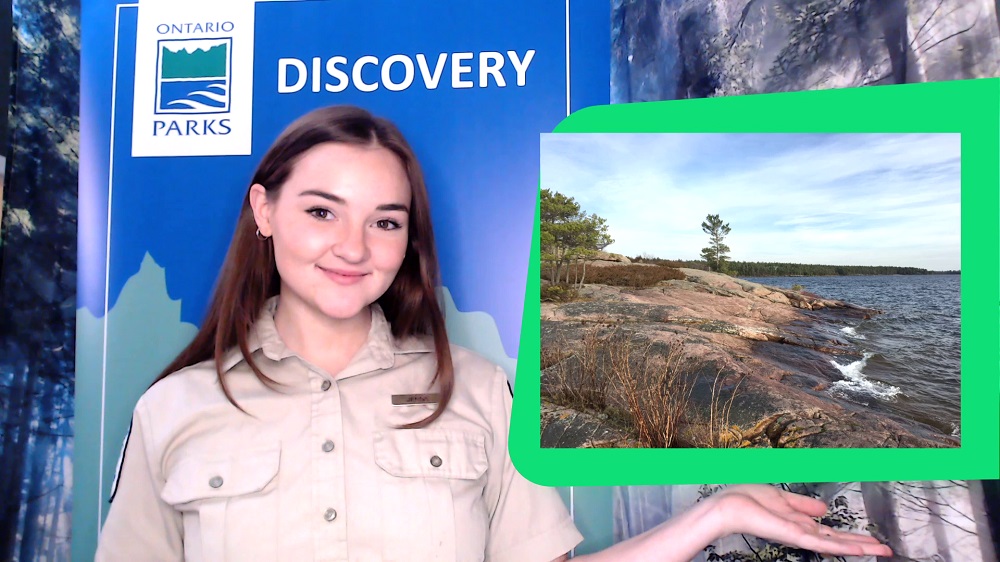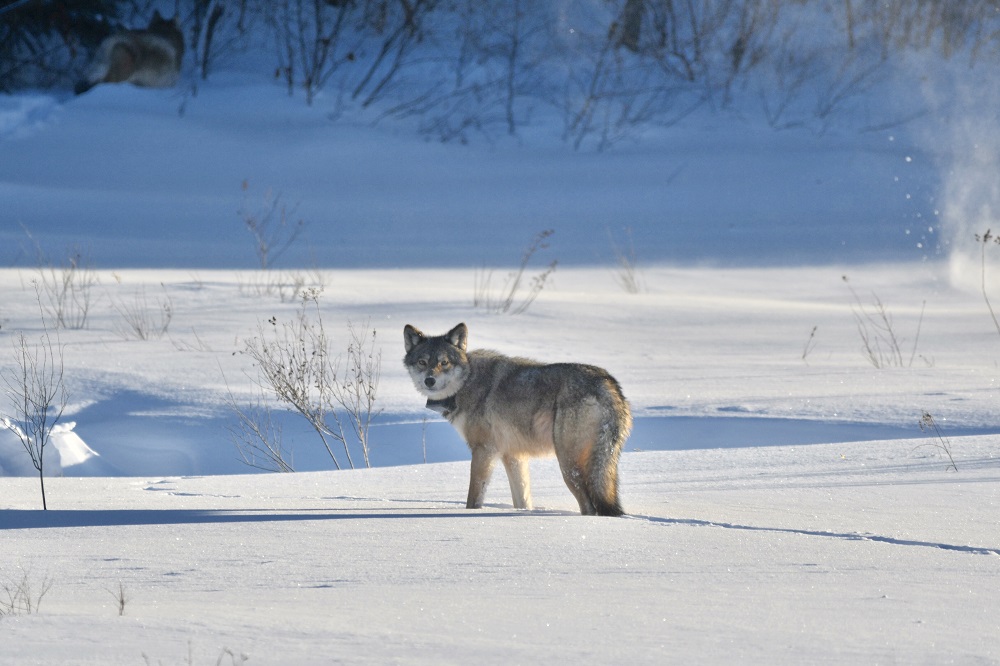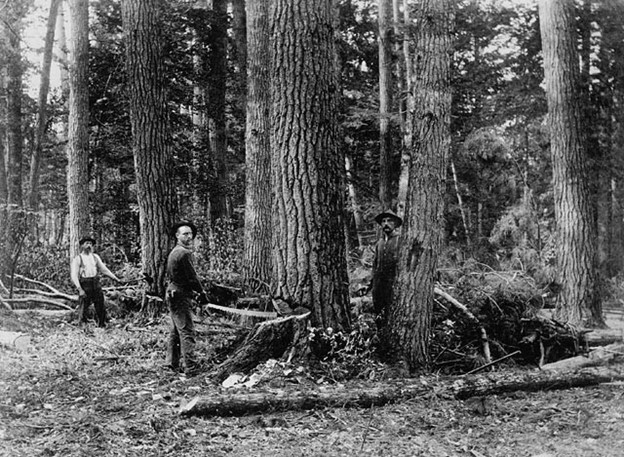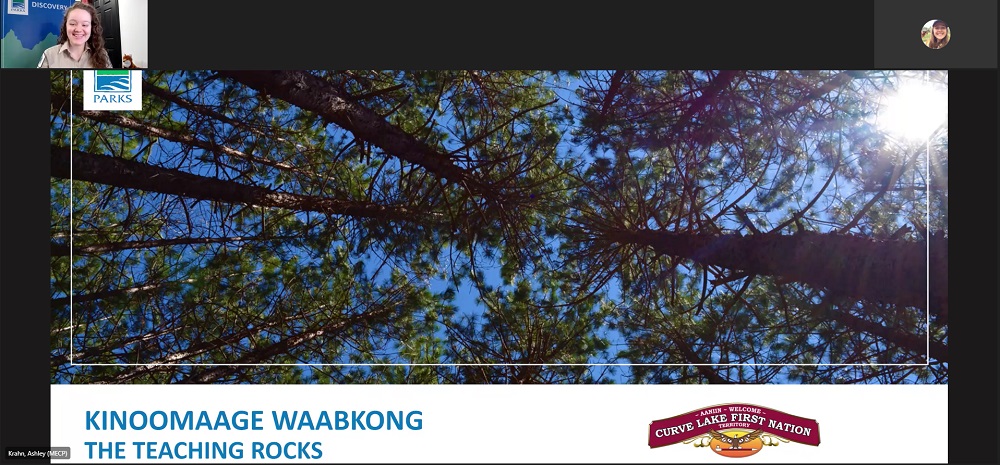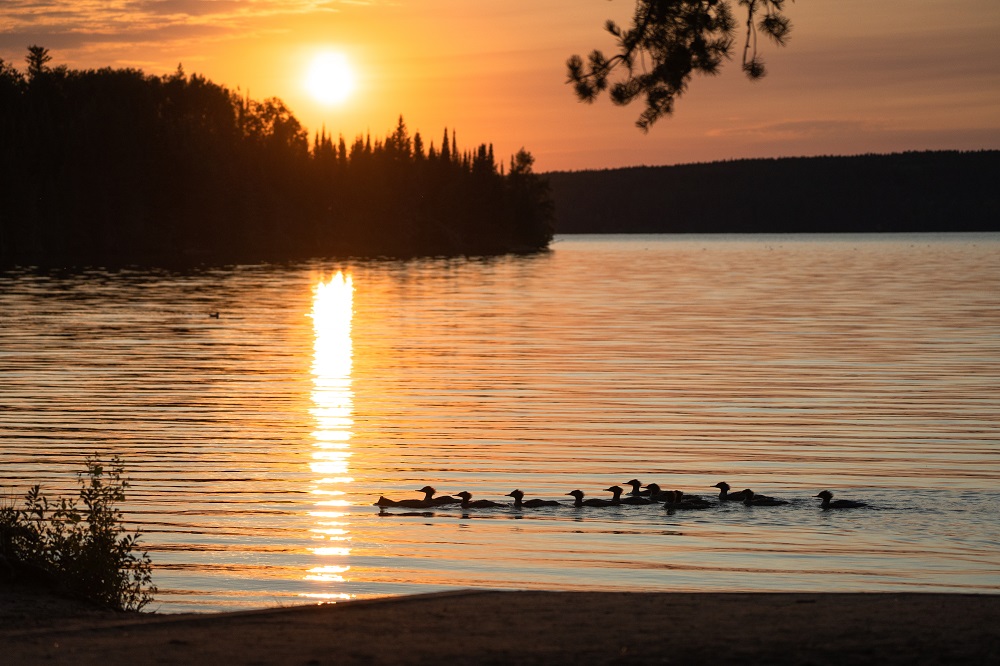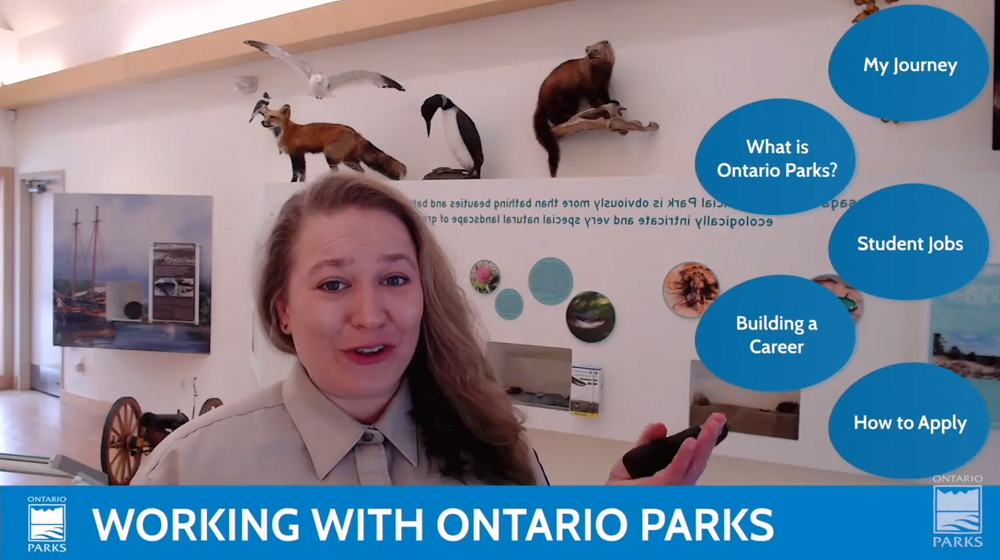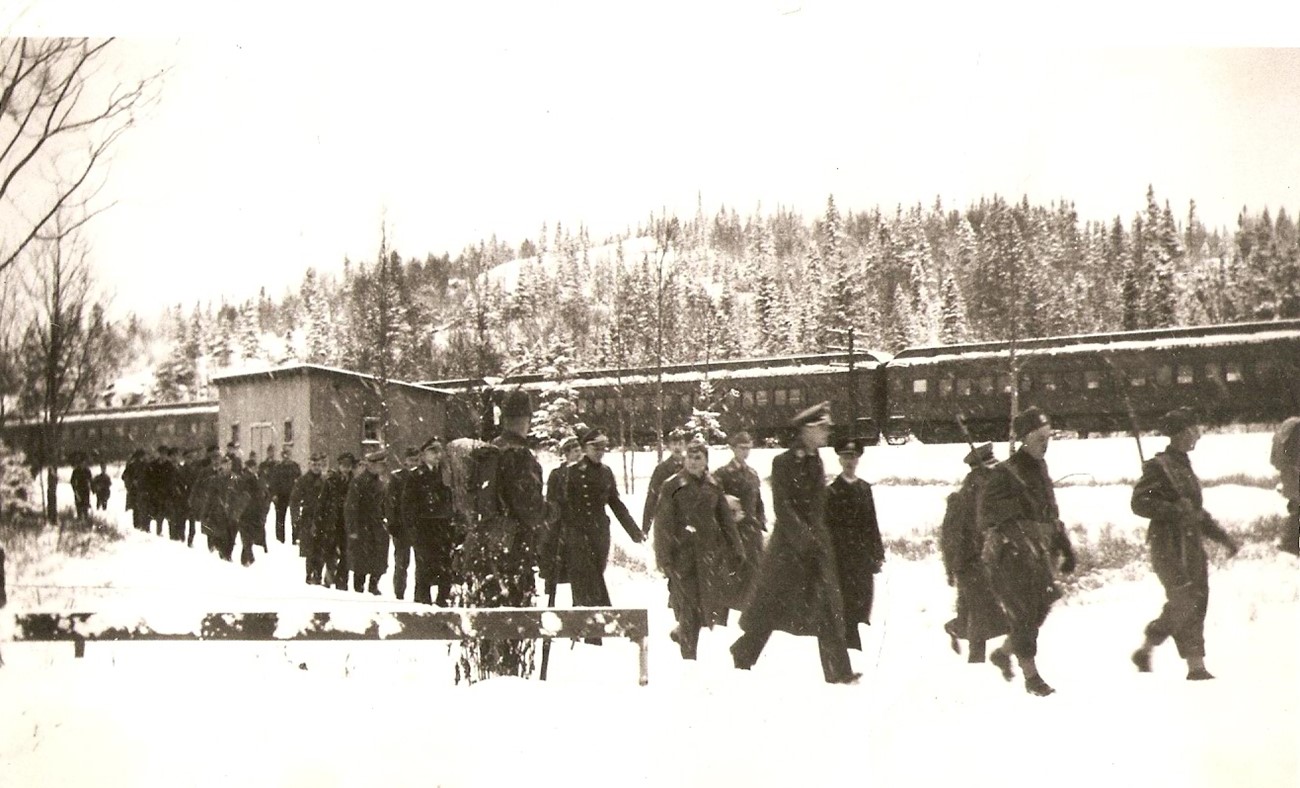Our virtual school programs bring different aspects of Ontario’s natural and cultural heritage into your classroom through stories of the people and landscapes our provincial parks aim to protect.
Each program engages your students through storytelling, activities, discussion, and personal experiences.
To learn more about some of the ways we do this, check out our Nature Gone Digital blog.
Want to book a FREE program?
For the programs listed below, ALL program availability is listed on our bookings page. To book one of these virtual programs with us you must do it through this portal.
Be sure to check back – we are always updating our program listings as not all these programs are available all year long.
Choose your program!
Programs are listed based on the grade curriculum links they were designed to meet. Most programming has been designed for their specific grades, however other grades are welcome to book outside of their intended audience.
*Tip: our programs are listed by grade. Click on the links to jump to your desired grade:
Trees put on a stunning magic show every fall with their vibrant colours!
But how do they do it? Discovery staff will reveal the secrets behind trees’ colour-changing magic and why they do it.
Grade 2: The Beaver & the Turtle
Have you ever wondered what unique adaptations beavers and turtles have that allow them to share a habitat?
Discover and explore what makes these animals unique with a Discovery staff member!
Grade 3: Tree Magic
Explore how the changing seasons and photosynthesis affect the processes trees go through to prepare for winter.
Discovery staff will share a colour-changing magic trick sure to get your students excited about how leaves change colours.
Grade 3: Living & Lumbering in Northeastern Ontario
Find out what rivers, forests, railroads, and lumberjack camps have to do with the creation of the small northern Ontario town of Field in this interactive virtual program.
Grade 4: Piping Plovers – An Endangered Species
Wasaga Beach Provincial Park has been helping to protect Piping Plovers since 2007!
Explore life on a beach, surviving big threats, and the measures the park implements to protect this little bird along one of the busiest stretches of beach in Ontario.
Grade 4: Mining & Killarney – A Rocky Story
*This a 2 part program. Please book session 1 prior to session 2.
Learn about the odd and incredible discovery of lifeless lakes that led to changes in mining emission laws across North America.
The story of Killarney Provincial Park‘s lakes healing with time is a tale of the lasting impact of environmental advocacy and being curious.
Grade 4: Species at Risk
*This a 2 part program. Please book sessions 1 prior to session 2.
Ontario Parks stewards the habitat of over 230 species at risk, contributing to important conservation efforts through education, research, and monitoring.
Students discuss the effects of human activities on the habitats and communities of species at risk and then explore possible actions they can take to protect them.
In session 2, students will then research, create and present posters that will raise awareness for one species at risk in Ontario.
Grade 5: The Fur Trade from Champlain to HBC (Session 1)
*The first session in a series of three programs discussing the fur trade in Canada.
Using historic and modern maps, explore how Samuel de Champlain was an explorer, cartographer, and visionary that helped shape the country we now call Canada.
Grade 5: The Fur Trade from Champlain to HBC (Session 2)
*The second session in a series of three programs discussing the fur trade in Canada.
The Beaver Wars (aka French and Iroquois Wars) have had a lasting impact on Canada today.
Explore early settlement, colonial-Indigenous relationships, and the role of the fur trade that led to the Beaver Wars.
Grade 5: The Fur Trade from Champlain to HBC (Session 3)
*The final session in a series of three programs discussing the fur trade in Canada.
Learn about the life of the Coureur des bois and Voyageurs as they paddled, portaged, and sang their way up and down the Mattawa River on their journey to bring trade goods and beaver pelts between Lachine (Montreal) and Fort William (Thunder Bay).
Grade 6: Home Grown Provincial Park
*This a 2 part program. Please book sessions 1 prior to session 2.
What good is a caterpillar? And what’s all this talk about ‘native’ plants… what are they and why do they matter?
Explore the importance of relationships between species in maintaining a healthy planet – including between humans and other species.
The session 2 challenges students to draft and present a proposal for a local greenspace inspired by ecologist Douglas Tallamy’s call to action “Home Grown National Park.”
Grade 6: Mno-Bimaadiziwin (Walking the Good Path)
*This virtual school program was created in partnership with members of Curve Lake First Nation.
What does it mean to live a good life? Mno-Bimaadiziwin, or the good path or good way as translated from Anishinaabemowin to English, not only gives direction on how to physically live a good life, but also how to live a good life spiritually and emotionally.
Represented in this program by the Four Directions, or Hills of Life, and the Seven Sacred Teachings, it offers both a path and guidelines for walking the path.
These guidelines show us how to walk the path in a responsible, conscious, and healthy way, not just for ourselves but for all living things.
Grade 6: Ziizbaakwadokaaning (At the sugar camp)
The traditional Anishinaabe sugar bush was and is a place of gathering, celebrating the new year after a long winter, and of course, sugar-making!
Maple sugar has long been a staple in Indigenous cultures as a source of nutrients, medicine, and important trade commodity.
Learn about the importance of the traditional Anishinaabe sugar bush, maple trees as a cultural keystone species and how maple sugar was and is made!
Grade 6: How to be a Turtle Researcher
Become a Grundy Lake Provincial Park turtle researcher for the day!
Experience the extraordinary lives and challenges of turtles and learn what you can do to help these ancient creatures.
Grade 6: Community Science & Biodiversity
*This a 2 part program. Please book sessions 1 prior to session 2.
A community scientist can be anyone who observes biodiversity around them and involves sharing these observations with others to contribute to a collective knowledge base that is accessible to the public and scientists alike.
Learn about different ways to experience and perceive the natural world, and how sharing discoveries can contribute to maintaining ecological integrity.
Grade 6: Dark Skies in Killarney Provincial Park
Killarney was the first provincial park in Ontario to become a dark sky preserve, which means the park has minimal light pollution and offers a clear view of the night sky.
Killarney’s dark skies and research-grade observatory have allowed people to view many interstellar objects including stars, planets, nebulae and galaxies.
View photos of astronomical objects taken from the Killarney observatories and learn about the importance of maintaining dark skies for humans and the environment.
Grade 7: A Guide to Invasive Species
*This a 2 part program. Please book sessions 1 prior to session 2.
All species have a niche to fill in their native ecosystems.
When non-native species are introduced into ecosystems, they can find problematic advantages which disrupt the careful balance of native ecosystems.
Investigate the presence of invasive species in our local environments and the often complicated impacts they have.
Grade 7: Great Lakes
*This a 2 part program. Please book sessions 1 prior to session 2.
The Great Lakes are one of Ontario’s many natural treasures. They hold 20% of the world’s freshwater, and in a time when clean, fresh water is scarce, they are an invaluable resource that must be protected.
Explore the global significance, history, and uniqueness of the Great Lakes in an engaging and interactive presentation.
Then in session 2, students will be called to action to advocate for one lake by delivering a debate-style presentation to their class.
Grade 7: Wolves of Algonquin Provincial Park
The way we perceive wildlife as a society or as individuals can have significant implications. These interactions and perceptions can be both negative or positive, requiring research and understanding to make a difference.
In this program, students will analyze the effects of human interactions/perceptions on wildlife by focusing on wolves in Algonquin.
Grade 8: The Life of a Lumberjack
Step back in time over 100 years and experience the daily life, challenges, and triumphs of Northern Ontario’s Lumberjacks – a job that at one time employed a quarter of Canada’s population.
Grade 9: Kinoomaage-Waapkong (The Teaching Rocks — Peterborough Petroglyphs)
*This virtual school program was created in partnership with members of Curve Lake First Nation.
Pre-contact North America was full of villages, trade routes, burial grounds, and sacred places. Kinoomaagewapkong, also known as the Teaching Rocks, plays an integral role in Algonkian spirituality and culture.
Students will leave with a better understanding of Indigenous cultural and spiritual values, as well as the connections Indigenous peoples have with the land through artistic expression.
Grade 9/10: Awesiiyag (Animals) — All My Relations
*This virtual school program was created in partnership with members of Curve Lake First Nation.*
Human history has always been intertwined with animal life and the living world. In pre-contact (prior to 1500) North America, families were organized through the Dodem or Clan system, represented by specific animals.
These animals were and are still today seen as kin and something to be greatly respected. With the loss of ecosystems/habitat in the world today, stewardship for your clan, others’ clans and all of Creation is more important than ever.
Students will leave with a better understanding of Indigenous cultural and spiritual values related to clan animals and the living world.
Grade 10 (11&12): Careers in Ontario Parks
With over 1,600 student park ranger positions available each summer, Ontario Parks offers a large variety of opportunities for students to explore their passions and strengths, as well as to develop transferable skills that will serve them throughout their career.
This program will provide an overview of Ontario Parks, the types of student jobs available, and the transferable skills that can be gained from them, as well as a brief overview of how to apply.
Grade 10: WW2: Imprisoned on Superior
World War II involved the entire world.
Journey far from the frontlines to isolated Northern Ontario and explore the history of Neys Camp 100, a German Prisoner of War (POW) Camp.
Explore how prisoners ended up in Northern Ontario, the impact of these camps on the home front, and what life was like for a POW in Canada during WWII.
Looking for something else?
Not all virtual school programs offered by Discovery staff are listed here. Some provincial parks take their own bookings.
We are happy to connect you with a park in your area or if you don’t see a program here suited to your needs — send us a request for more information.
We can also connect you with parks in your area who offer in-person programs at the park or at your school.

